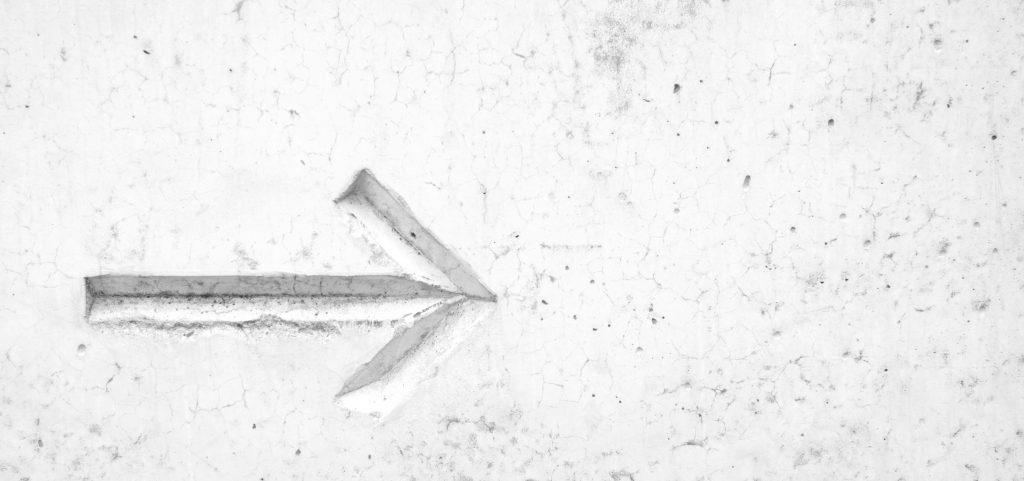Anxiety & Floating: Stay Curious
"I have no special talent. I am only passionately curious."
—Albert Einstein
Everyday Anxiety
She used to get stomachaches every day. Every. Day. She always had a hunch they were stress-related, but they were so consistent she couldn’t be sure. Plus, she had been sick a lot as a child. It was easy to conjure up memories of throwing up in school (on her desk during instruction, in the hallway between classes) and on her friends and family (her best friend’s face while on a roller coaster, her cousin’s ear during a sleepover). You get the idea. As she got older, she started getting sick each and every time she had a break. Headed to California to see friends? She had a fever within hours. A couple days off work? At least one of them was sure to be spent sleeping away the start of a head cold.
During a particularly stressful time, she turned to meditation. She would hunker down in the closet at work, sit quietly, and try to pay attention—turning off autopilot if only for ten minutes. Some sessions sucked while others were noticeably stress-relieving, and after many starts and stops, she eventually tracked a full 365+ consecutive days! Somewhere along the way, the body scan part of each session no longer revealed a stomachache. That made her curious. What if she’d been onto something all along? What if her mind did have something to do with her stomach?
She is me. And while meditation has certainly helped me understand my emotional and physical responses to overwhelm and anxiety, simply understanding that correlation doesn’t mean my work is over. To keep growing as a person (my definition of the purpose of life), I need to stay curious.

Stay Curious
Over and over throughout a day I’ll check in with myself: How are you feeling? Where in your body can you physically feel that emotion? If you had to choose, is it stronger on your right or left side? Now pause for just a few seconds and take three deep breaths, lifting your arms up above your head as you inhale and bringing them down again by your sides as you exhale. How do you feel now? (Spoiler alert: not always better.)
I’m toying with the idea that the biggest takeaway from any of our awareness exercises is how important curiosity is in our day-to-day lives. It doesn’t actually matter which side of your body presents a sensation more strongly. All that matters is you slow down enough to ask the question and get curious about the answer.
Floating for Anxiety
I do this in my floats, too, but with the benefit of being able to stay curious for a full hour without any chance of disruption. The safety and comfort of the pod allow me to go much deeper and work through much more than I can during a quick check-in. I also consider my ability (or lack there of) to easily transition into my floats as a reflection of how well I'm taking care of myself in the outside world.
Why am I so restless? Why does this float feel harder than my last? Why did she even ask me that question if she wasn't going to listen to my answer?! My last float was a lot of this, so finally I started naming my emotions (aloud, to myself, in the pod): judgement, irritation, anger, frustration. I moved from a place of why do I feel this way to simply recognizing how I was feeling. That I was feeling. By simply becoming curious, I gain some peace; I unwind my anxiety…and my stomach full of knots.
"Be curious, not judgmental." —Walt Whitman
Consider these words the next time you float, the next time you're reminded of your chronic pain, or the next time you notice an emotional reaction you aren't proud of. By being curious you might, at minimum, create some space so you can respond instead of react.
Share your Story
Floating and meditation are only two of the many tools we can use to help ourselves feel better. We'd love to hear what works for you, as sharing our stories is a tool in itself! Connect with us on Instagram, Facebook, or Twitter, and if you're science nerds like us, check out this study examining the anxiety-reducing effects of floating.
Leave a Reply